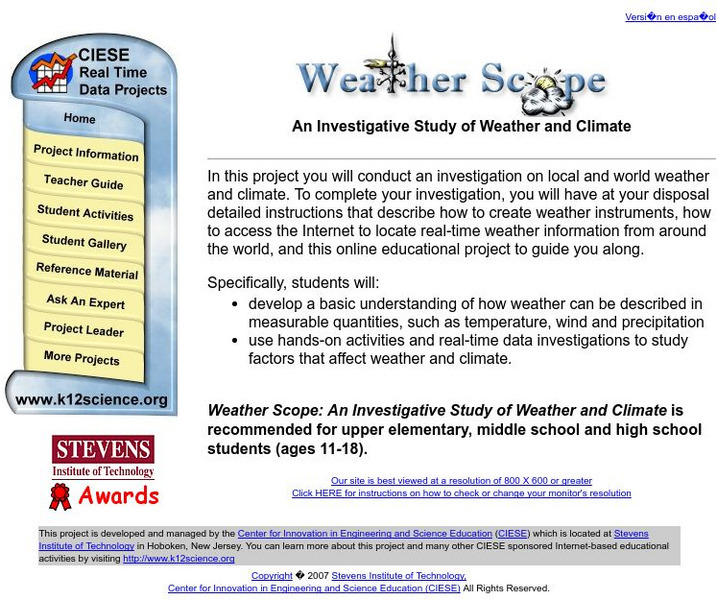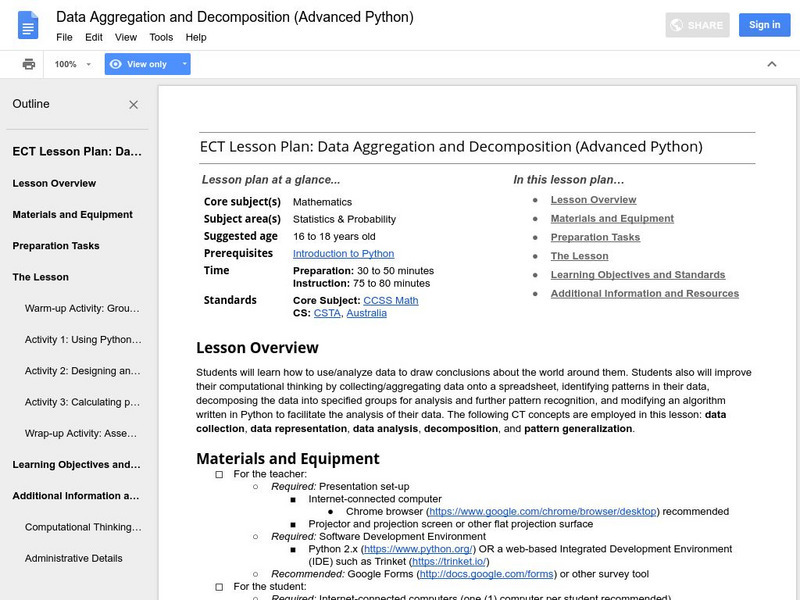Curated OER
Calendar and Opening
Students review the days of the week and tell what the current day is by singing a song. They fill in the sentence telling the day of the week it is and then discuss what day yesterday was and the name of the day tomorrow and then talk...
Curated OER
Introduction to the Barnegat Bay Estuary
Students research estuaries. In this estuaries lesson, students discuss the differences in a bay and an ocean. Students watch a PowerPoint of the properties of the estuaries and geography of Barnegat Bay. Students complete a worksheet...
Curated OER
Food in History
Students research, predict and offer solutions regarding factors that affect current or future food crops could result in economic, political or social changes.
Curated OER
TV TELLS IT ALL
Pupils identify the influence of television on gender roles and talk about how they are changing.
Curated OER
Geography of Korea
Students are introduced to the geography of Korea. Using the internet, they identify the weather and climate in the country and create a week weather chart for Korea's four seasons. They complete an interview with a local weatherman...
Curated OER
Social Studies: Canadian City Comparison
Students research Canadian population distribution while comparing and contrasting the quality of life in two cities. They discuss issues and problems that cities and rural towns face. Students apply various methods, such as graphs and...
Curated OER
Science: Bugs and Body Parts
Students determine the function of various insect parts they have observed. Using descriptive words, they explain the insects' characteristics and draw pictures of them. The instructional activity concludes with students writing short...
Curated OER
Determination of Phosphates
Students engage in a laboratory lesson in order to increase understanding of the impact of phosphates at the chemical and ecological levels. The lab exercise is completed with the goal of getting them to predict the outcomes and future...
Curated OER
Planetary Research (Grades 9-12)
Students are introduced to planetary research and familiarize them with the planets and their features. They see that each planet has unique features. Planets have some common features and that images can be used to study the planets and...
Curated OER
Honey ! I Blew Up The Bee!
Second graders complete a variety of bee-themed activities. They consider the importance of honeybees in food production, conduct Internet research, prepare foods using honey, complete puzzles and compile a portfolio of their work.
Curated OER
Geometry House!
Fourth graders use computer drawing tools to create a house of geometric shapes.
Curated OER
Best of the Solar System
Students visit a site which provides images to be analyzed. Notes are taken and planets are named based on observed features and observations. Using peer review, they try to determine the identity of the planets. They are free to browse...
Curated OER
Experience the Challenge of Being Pete Gray
Students view films, photographs and engage in an empathy-building exercise to become familiar with Pete Gray, the first one-armed major league player. They read an interview and write an essay about Gray's career.
Curated OER
Lesson: Journey of a Tree
Third graders explore the operation of a Christmas farm and how trees are shipped. After taking a tour of a Christmas tree farm and researching transportation, location and cost issues, 3rd graders create a map to show the distribution...
Curated OER
SIRS Discoverer - Narrowing a Search
Students discover how to obtain precise information during an internet search. They work in pairs to develop skills in using SIRS Discoverer to find an article on a specific topic. They evaluate the article on relevance to the topic...
Curated OER
Do You Like the Do?
Students explore different haircutting techniques and the tools used in haircutting. They practice cutting hair on a maniquin, give each other a trim to get rid of split ends and execute a specific cut as a culminating project.
Curated OER
Time Lapse Seed Germination with the QX3 Intel Digital Microscope
Students use the time-lapse feature of the QX3 Intel Digital Microscope
to observe germination of seeds. They use the QX3 Intel Digital microscope to create time lapse video films of seed germination experiments.
Curated OER
Urban Impact on Chollas Creek (California): A Field Study
Students, in groups, take samples from a creek and keep a field journal on their samples. They also perform tests on their samples.
Other
Ocean Tracks: Fact or Artifact? Interpreting Patterns in Ocean Tracks Data [Pdf]
Ever wonder where marine animals go? How fast they swim? How deep they dive? Electronic tagging has opened a new window into the world of the open ocean. Ocean Tracks gives you access to data collected by tags on real live migrating...
National Council of Teachers of Mathematics
The Math Forum: Growth Creature Lab Data Collecting
Lesson plan completely explains how students will collect data on the growth of an "alligator" and determine the relationship of the growth data to the Fundamental Theorem of Similarity and to topics in geometry in general. All of the...
Center for Innovation in Engineering and Science Education, Stevens Institute of Technology
Ciese Real Time Data Projects: Weather Scope: A Study of Weather and Climate
Use real-time data to study factors that affect weather and climate, create weather instruments, and share data with students around the world.
NASA
Nasa: Precipitation Towers: Modeling Weather Data
This lesson uses stacking cubes as a way to graph precipitation data, comparing the precipitation averages and seasonal patterns for several locations. Variations on the lesson can accommodate various ages and ability levels. Students...
Center for Innovation in Engineering and Science Education, Stevens Institute of Technology
Ciese Real Time Data Projects:collecting Weather Data and Keeping a Weather Log
Over a period of two weeks students will use their class-made instruments to measure and record weather data. Students will also compare their data to online weather data. The final activity involves analyzing the collected data to look...
Google
Google for Education: Data Aggregation and Decomposition (Python)
Students learn how to use and analyze data to draw conclusions about information collected from classmates. Then they use computational thinking by collecting and aggregating data onto a spreadsheet, identifying patterns in their data,...




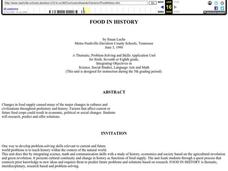
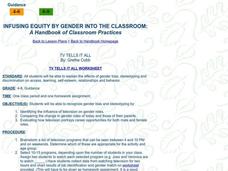
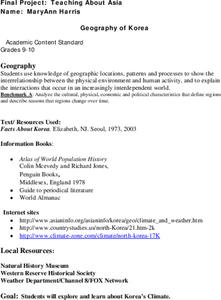



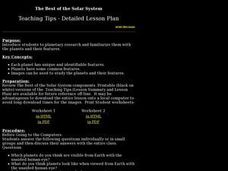









![Ocean Tracks: Fact or Artifact? Interpreting Patterns in Ocean Tracks Data [Pdf] Lesson Plan Ocean Tracks: Fact or Artifact? Interpreting Patterns in Ocean Tracks Data [Pdf] Lesson Plan](https://d15y2dacu3jp90.cloudfront.net/images/attachment_defaults/resource/large/FPO-knovation.png)

